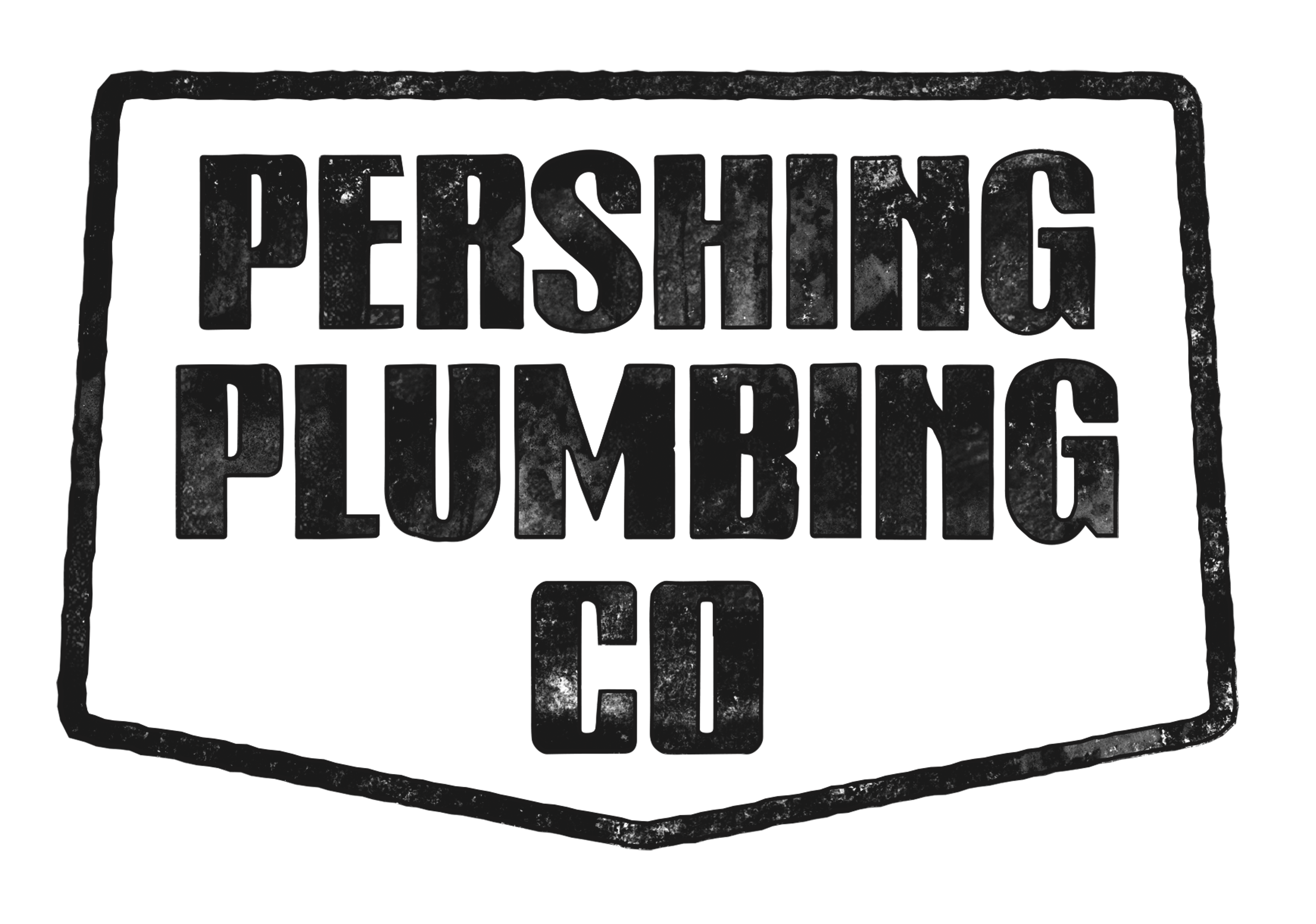Plumbing emergencies can be stressful, disruptive, and costly. However, by taking proactive measures, you can significantly reduce the likelihood of experiencing such emergencies. In this blog, we will explore practical steps you can take to prevent plumbing emergencies in the future. By implementing these strategies, you’ll not only protect your home from potential water damage but also save yourself from unnecessary headaches and expenses.
- Regular Maintenance: One of the best ways to prevent plumbing emergencies is through regular maintenance. Schedule annual inspections with a professional plumber who can identify any potential issues before they escalate. This includes checking for leaks, inspecting pipes, and ensuring proper functioning of fixtures and appliances.
- Be Mindful of Water Usage: Conserving water not only benefits the environment but also helps prevent plumbing emergencies. Avoid excessive water usage by fixing leaks promptly, installing low-flow fixtures, and being mindful of water-intensive activities such as long showers or running the dishwasher with only a few items.
- Proper Drain Care: Clogged drains are a common plumbing issue that can lead to backups and overflows. Avoid disposing of grease, food scraps, coffee grounds, or other non-flushable items down the drains. Use drain guards to catch hair and debris and periodically flush drains with hot water and vinegar to prevent buildup.
- Protect Pipes from Freezing: During winter, frozen pipes can burst and cause extensive damage. Insulate exposed pipes in unheated areas, such as basements, crawlspaces, or attics. Disconnect garden hoses and shut off outdoor water supply lines. Allow faucets to drip during freezing temperatures to relieve pressure within the pipes.
- Avoid Chemical Drain Cleaners: While it may be tempting to reach for a quick fix when faced with a clogged drain, chemical drain cleaners can damage pipes and exacerbate the problem. Opt for natural alternatives or use a plunger or drain snake to safely clear blockages.
- Know Your Water Main Shut-Off Valve: In case of a plumbing emergency, it’s crucial to know the location of your water main shut-off valve. Familiarize yourself with its operation to quickly stop the water flow in the event of a burst pipe or major leak. Regularly check the valve’s functionality to ensure it operates smoothly.
- Monitor Water Pressure: High water pressure can strain your plumbing system and increase the risk of leaks and bursts. Install a pressure regulator to maintain a safe and consistent water pressure level throughout your home. Ideally, water pressure should be between 40-60 psi.
- Educate Household Members: Ensure that all members of your household are aware of good plumbing practices. Teach them to avoid flushing non-flushable items, dispose of grease properly, and report any plumbing issues promptly. Encouraging responsible water usage and proper maintenance habits will help prevent emergencies.
- Consider a Whole-House Water Filtration System: Installing a whole-house water filtration system can protect your plumbing system from sediment, mineral buildup, and contaminants. Cleaner water reduces the strain on pipes, fixtures, and appliances, prolonging their lifespan and minimizing the risk of plumbing emergencies.
- Maintain a Relationship with a Trusted Plumber: Having a trusted plumber on hand is invaluable in preventing and addressing plumbing emergencies. Build a relationship with a reliable plumbing professional who can provide guidance, perform routine maintenance, and promptly respond to any plumbing issues that may arise.
Conclusion
By implementing these preventative measures, you can significantly reduce the risk of plumbing emergencies in your home. Regular maintenance, water conservation, proper drain care, freeze protection, and knowing how to shut off the water main are just a few of the steps you can take. Remember, prevention is key when it comes to plumbing, and investing time and effort now can save you from costly and stressful emergencies in the future.

